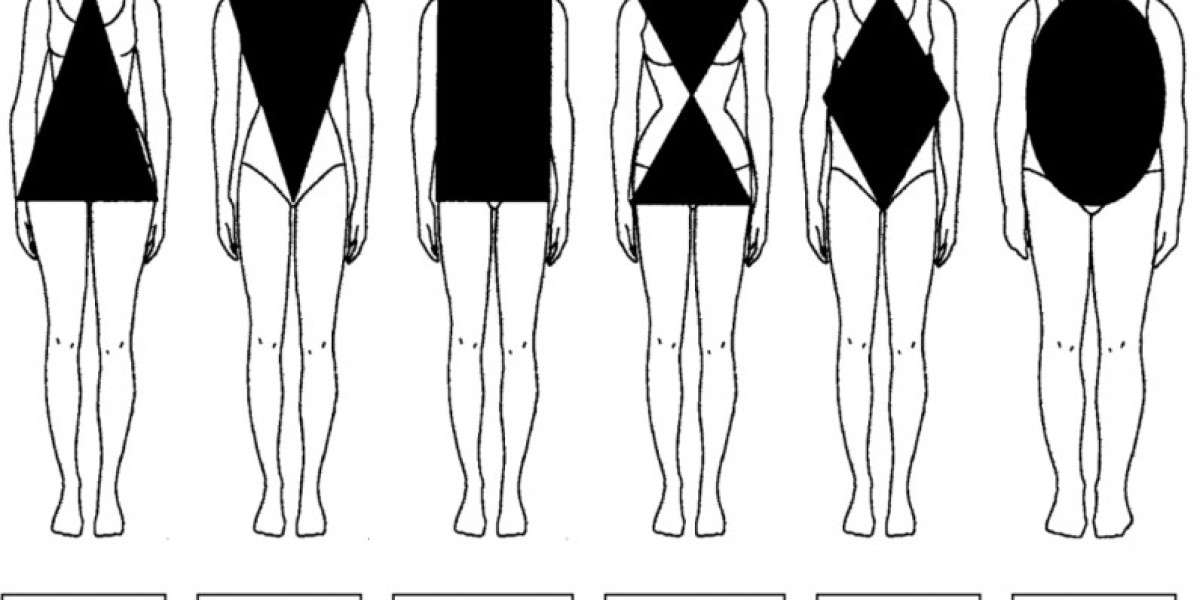A protective function of psychopathy?
Evolutionists don't see psychopathic traits as expression of an underlying dysfunction, however as a persisting adaptation to sure environments (Glenn et al., 2011). Notably, there are still discrepancies between the PCL-R construct of psychopathy and the corresponding official class of delinquent persona dysfunction (ASPD) within the DSM (Few et al., 2015). These considerations collectively might reinforce the argument that we're not completely entitled to categorise psychopathy as a correct mental incapacitation. For more acceptable treatments, it could also be pertinent to hunt readability on the theoretical problem of why psychopathy may be adaptive – hence the protracted effort toward this end in the commentary.
Studying the statements of violent legal psychopaths sheds gentle on their hanging and specific vulnerability and emotional ache. More experimental psychopharmacotherapy, neurofeedback, and combined psychotherapy analysis is required to stop and deal with psychopathic habits. Few psychology terms fire up confusion like "psychopath." Even although it’s generally (though incorrectly) used to describe somebody who has a mental health situation, "psychopath" isn't an official analysis. Instead, it’s an informal time period usually used for a situation called delinquent persona dysfunction (ASPD). A potential advantage of adopting an evolutionary view of psychopathy is that it helps avoid an assumption of dysfunction or dysfunction (Wakefield, 1992). This change in view might enable future analysis to look at novel hypotheses about psychopathy. The "hidden talents" strategy could facilitate this alteration in view, which argues that people who develop up in opposed situations don't simply have impairments but in addition may have enhanced cognitive abilities that fit these people to their particular environments (Ellis et al., 2023).
For its moral specificity, coercive MB interferes tremendously with particular person autonomy and freedom without empowering ethical competence (Harris, 2011, 2016; Corbellini and Sirgiovanni, dicas úteis 2015). Personal preferences/options belong to a bigger spectrum of ethical acceptability than that conventionally prescribed by society in a given historic time. And do not overlook that simply because somebody with psychopathy has harmed you, it doesn't mean there’s one thing wrong with you. People with ASPD even have the next likelihood of contracting sexually transmitted infections (STIs) due to impulsive sexual behaviors, and may have earlier mortality than folks without the dysfunction — as a end result of accidents, injuries, and suicide. Partly due to this impulsiveness, individuals with ASPD are more probably than others to have substance use disorders.


